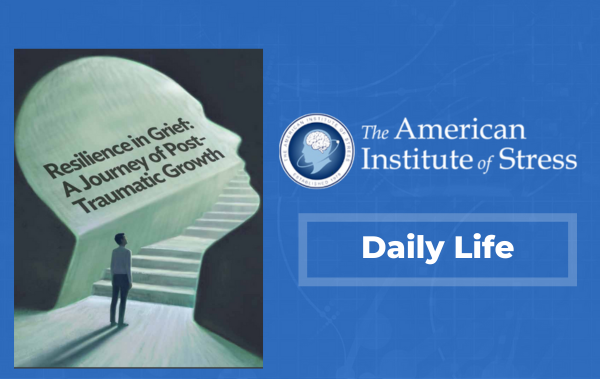 You’re on a hike enjoying the fresh air and lush surroundings when you spot a snake in the middle of the trail.
You’re on a hike enjoying the fresh air and lush surroundings when you spot a snake in the middle of the trail.
Before your conscious mind can recognize the threat, your stomach sinks, your heart begins to race and you start to sweat. These are all signs that your body is preparing to “fight or flight.”
Seeing the snake, your eyes send that information to your brain – specifically, your hypothalamus, the part of your brain that secretes hormones that alert the rest of your body that it’s time to “fight or flight.”
This is what happens to your body when you encounter stress.
What is the fight or flight reflex?
A stressful event causes a cascade of hormonal events known as the HPA axis – or the stress response. The hormones (most importantly, the hormone cortisol) travel throughout the body to prepare your body to take on that snake.
The Cleveland Clinic explains, “During the fight-or-flight response, your body is trying to prioritize, so anything it doesn’t need for immediate survival is placed on the back burner. This means that digestion, reproductive and growth hormone production, and tissue repair are all temporarily halted. Instead, your body is using all of its energy on the most crucial priorities and functions.”
What are five effects of stress on the body?
The American Institute of Stress describes five key symptoms of fight-or-flight system activation:
- Rapid heartbeat
- Rapid breathing (hyperventilation)
- Pale or flushed skin
- Dilated pupils
- Trembling
What does chronic stress do to the body?
Our bodies and minds are well-equipped to handle the occasional acute stress situation. But imagine if that snake were following you around, startling you as you round every corner (shudder!). That would be chronic stress and it’s not good for you.
“Unlike acute stress, which is a reaction to a specific event, chronic stress is a consistent feeling of being pressured or overwhelmed for a long period of time,” says Dr. Jessi Gold, psychiatrist and assistant professor and Director of Wellness at Washington University School of Medicine in St. Louis.
While it’s normal to have incident-specific activation of “fight-or-flight” response, chronic stress is not natural or healthy.
Gold says, “Our body developed it to respond to a threat, and when faced with one, our body basically prepares to run away or fight (“fight or flight”). However, if the threat never leaves, we are basically always running or fighting, without a chance to relax. That can feel never ending and hopeless, and can have mental and physical health consequences. This makes sense as we can only run and fight for so long.”
Chronic stress can lead to severe physical and emotional damage.
“Chronic stress is something that definitely shows up both in the brain and the body, and illustrates the connection between the two. A person might experience muscle pain, headaches, GI distress, teeth grinding, insomnia, fatigue, forgetfulness and/or have trouble concentrating. Sometimes the person will be more irritable with, or avoidant of others, and that might make them stop responding to text messages or cancel plans, for example. They might also turn to alcohol or drug use to cope,” Gold explains.
How can I reduce chronic stress?
If you suspect you’re suffering from chronic stress it’s important to proactively address what that stress is doing to your body.
Gold has a few recommendations for treating chronic stress, “Treating chronic stress requires a holistic approach. As hard as it is to do, trying to find time, even 5 minutes for yourself and doing something you like, can make a difference. What you do for that time is up to you, but some people find things like mindfulness, exercise and journaling helpful for stress reduction. It is also important that things like routine, sleep and eating are emphasized. This includes learning to have stricter boundaries between work and home and saying no, or setting limits, more often. No doesn’t mean you are a mean person, it just means you are prioritizing yourself and your well-being.”





